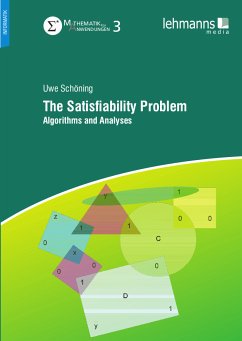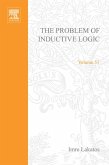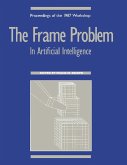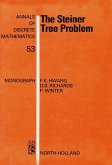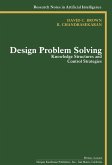The satisfiability problem of propositional logic, SAT for short, is the first algorithmic problem that was shown to be NP-complete, and is the cornerstone of virtually all NP-completeness proofs. The SAT problem consists of deciding whether a given Boolean formula has a "solution", in the sense of an assignment to the variables making the entire formula to evaluate to true. Over the last few years very powerful algorithms have been devised being able to solve SAT problems with hundreds of thousands of variables. For difficult (or randomly generated) formulas these algorithms can be compared to the proverbial search for the needle in a haystack. This book explains how such algorithms work, for example, by exploiting the structure of the SAT problem with an appropriate logical calculus, like resolution. But also algorithms based on "physical" principles are considered.
Dieser Download kann aus rechtlichen Gründen nur mit Rechnungsadresse in A, B, BG, CY, CZ, D, DK, EW, E, FIN, F, GR, HR, H, IRL, I, LT, L, LR, M, NL, PL, P, R, S, SLO, SK ausgeliefert werden.

